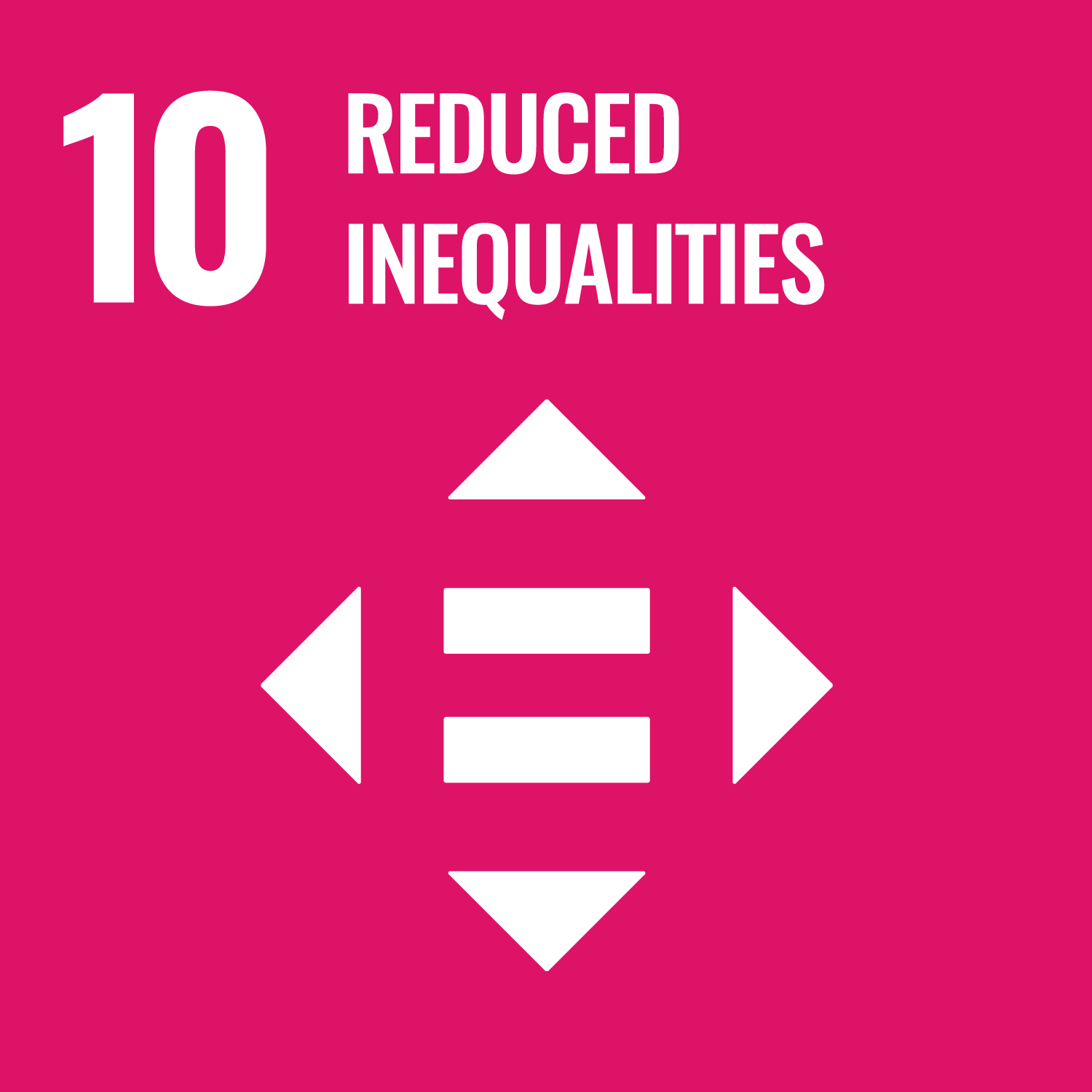Mother Teresa Middle School
Aligned SDGs


- Mother Teresa Middle School
- General overview
- Location
- Involved organisations
- Outcome metrics
- SyROCCo reports
- Spreadsheet of data
- Mother Teresa Middle School
- General overview
- Location
- Involved organisations
- Outcome metrics
- SyROCCo reports
- Spreadsheet of data
General overview
Stage of development: Implementation
Policy sector: Education
Start date of service provision: 2016
Capital raised (minimum): CAD 1m (USD 754.37k)
Service users: 88 individuals
Intervention
The intervention supports young people who are at high risk of poor academic achievement to engage in education and remain in school. It focuses particularly on students from indigenous communities, who historically have had lower graduation rates than non-indigenous students.
Target population
Grade 6 to 8 students whose probability of success has been compromised by social and economic factors - a large proportion of these are First Nations or Metis.
Location
Country
- Canada
Service delivery locations
- Sasketchewan, Canada
Involved organisations
Commissioners/outcome payers
Service Providers
Investors
Outcome metrics
- Increase in high school graduation rates. School achieves 82% Grade-12 graduation rates (minimum 75% threshold).
Powered by SyROCCo SyROCCo reports
The following articles are taken from the Systematic Review of Outcomes Contracts Collaboration (SyROCCo) Machine Learning tool.
The tool is a collaboration between the Government Outcomes Lab and machine learning experts from the University of Warwick, that allows you to navigate and explore data extracted from nearly 2000 academic and grey literature publications related to outcomes-based contracting.
Spreadsheet of data
Important Notice and Disclaimer on INDIGO Data
INDIGO data are shared for research and policy analysis purposes. INDIGO data can be used to support a range of insights, for example, to understand the social outcomes that projects aim to improve, the network of organisations across projects, trends, scales, timelines and summary information. The collaborative system by which we collect, process, and share data is designed to advance data-sharing norms, harmonise data definitions and improve data use. These data are NOT shared for auditing, investment, or legal purposes. Please independently verify any data that you might use in decision making. We provide no guarantees or assurances as to the quality of these data. Data may be inaccurate, incomplete, inconsistent, and/or not current for various reasons: INDIGO is a collaborative and iterative initiative that mostly relies on projects all over the world volunteering to share their data. We have a system for processing information and try to attribute data to named sources, but we do not audit, cross-check, or verify all information provided to us. It takes time and resources to share data, which may not have been included in a project’s budget. Many of the projects are ongoing and timely updates may not be available. Different people may have different interpretations of data items and definitions. Even when data are high quality, interpretation or generalisation to different contexts may not be possible and/or requires additional information and/or expertise. Help us improve our data quality: email us at indigo@bsg.ox.ac.uk if you have data on new projects, changes or performance updates on current projects, clarifications or corrections on our data, and/or confidentiality or sensitivity notices. Please also give input via the INDIGO Data Definitions Improvement Tool and INDIGO Feedback Questionnaire.